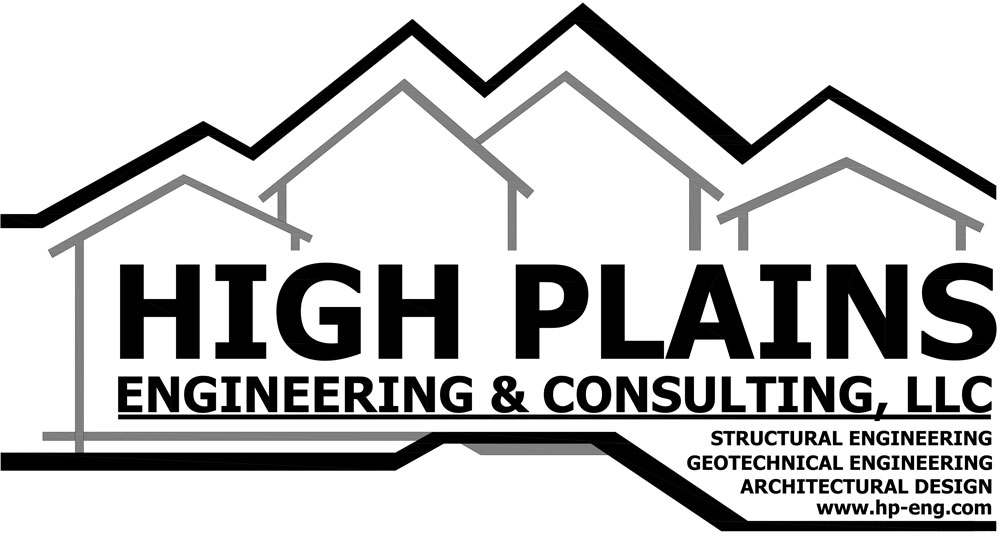The Differences Between Geotechnical Engineering and Environmental Engineering
While there are some similarities in the fields of geotechnical engineering and environmental engineering, they aren’t exactly the same thing. While both have to do with the study of the earth, the focuses of these engineers differ in some ways that make them distinctly different fields. As a general rule, environmental engineering in Hudson, CO covers a broader spectrum of issues than geotechnical engineering, but their approaches do have quite a few similarities that do just enough to blur the lines a little bit with regard to how the two fields differ from each other. Read on for a quick overview of some of these differences.
Comparing and contrasting the fields
Geotechnical engineering focuses primarily on using our existing knowledge and various technical methods in solving geoengineering problems. Environmental engineering in Hudson, CO, however, is a bit more complex in that it also includes issues such as analyses of the ways in which we mitigate and analyze natural hazards and disasters, how we can resolve waste contamination, issues with environmental remediation and more. Compare this to geotechnical engineering, which mostly focuses on problems of mechanics and computational analysis.
Described in another way, geotechnical engineering is a type of civil engineering that concerns itself with earth materials such as soil, groundwater and rock. The vast majority of civil construction projects deal with managing the ground and providing structural support, which makes geotechnical engineering a field that corresponds nicely with most civil engineering projects.
Geotechnical engineering in Hudson, CO differentiates itself from civil engineering in that it goes beyond just the surface issues of a site, and more thoroughly explore subsurface issues. For example, geotechnical engineers often deal with vibrations below the earth’s surface, and how those vibrations could affect a project on the site.
Environmental engineering doesn’t just concern itself with the ground. As mentioned above, it’s mostly concerned with protecting people against any type of adverse environmental effects. Sure, geotechnical engineering in Hudson, CO may include issues such as earthquake mitigation, but environmental engineering focuses on so much more than that. It deals with how humans can mitigate and decrease levels of pollution and its effects, how to improve recycling and waste disposal, how to improve water quality and what steps can be taken in general to improve public health and safety from an environmental standpoint.
Both of these fields are crucial for protecting our environments and our land, and in setting construction projects up for lasting success, both from a structural standpoint and in terms of environmental impact. When a project has had environmental and geotechnical engineers working on it, there’s a greater potential for long-term increased value, especially if there’s been high-quality infrastructure added to the plot, or thoughtful cultivation of the land. With good planning and the resolution of any environmental and geotechnical issues that arise, the property will thrive in the long run.
If you’re interested in learning more about these two fields and how they differ from each other, we encourage you to contact the team at High Plains Engineering & Design, LLC today and we’ll be happy to teach you more.
Categorised in: House Building

 HPEC is an active member of CAGE
HPEC is an active member of CAGE